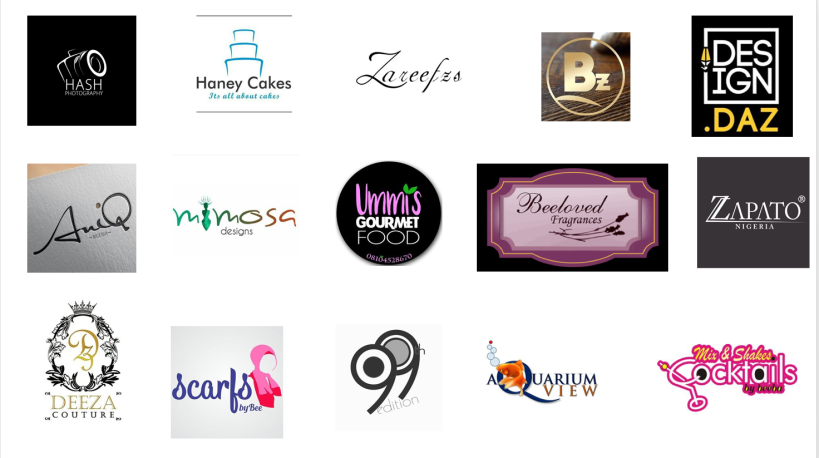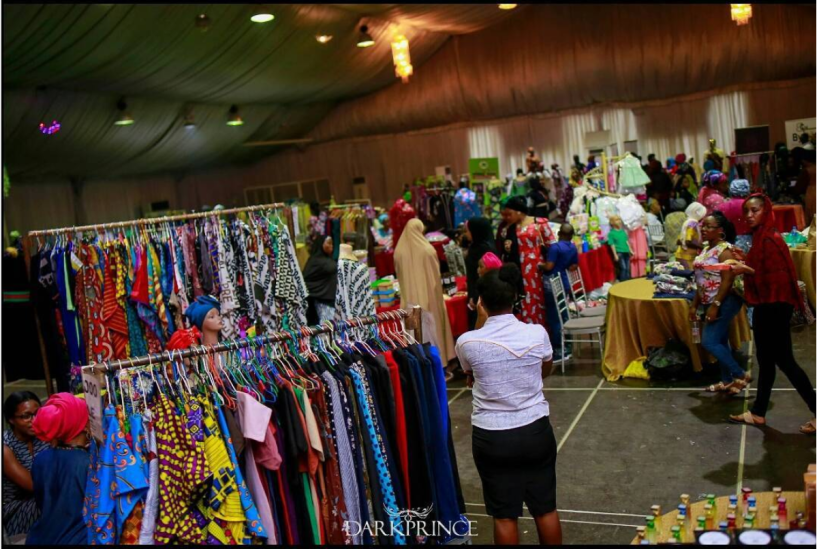It is often said that Buhariyya was a shot in the arm for many millennials in Nigeria to start making a living for themselves. The excitement and apprehension of finding a new job seems to be dwindling by the day as more news flashes and revelations on social media show the jobs go to the coveted few in Nigeria. In order to feign for themselves, they started running businesses by making products for the local market here.
Buhariyya is the period of time under President Muhammadu Buhari’s current regime when economic recession hit the country; Nigerian Naira exchanged for 360 naira against a 199 when he came to power in 2015; when parents and elderly ones stop dashing out money easily to people (as in we stopped getting money for free, LOL!); when people started patronizing made in Nigeria goods because they cannot afford the dollar; when parents withdraw their kids from schools in the UK and enrol them in schools in Nigeria or Uganda and when you can blow a whistle on a corruption case and get 5% of the total sum. The term is obviously coined from his name Buhari.
Many youths in Abuja and Nigeria as a whole are unemployed and the figure doesn’t seem to reduce. The frantic job search was replaced by an insatiable desire to make a product and sell it on the streets and homes of Abuja. If data on number of new businesses started by millennials had been tracked between June 2015 and December 2017, it would have settled the score here factually.
[blog_subscription_form]
I think there hasn’t been a surge in millennial entrepreneurs/business owners anytime than what we witnessed during the trying times of Buhariyya. Many joined the bandwagon in making one product or the other and the good thing is some of these people are employed. From medical doctors to school teachers to engineers, they created different products or services to drive their incomes higher. A typical kind of trait common amongst millennials globally, making extra income from a side gig.
Anyway, I looked around. The rise of these entrepreneurs had no cultural name. Youths, from different parts of Nigeria became entrepreneurs and most where competing against each other with the same product. It was simply a market demand needed to be filled.
The businesses range from photography, mostly events and human portraits or better described pre-wedding photos, to fashion designers, footwear makers, graphic design, farming, cologne, jewellery and other service based businesses like outdoor catering, tailoring, barbershop, spa, salon, restaurants, cakes, savouries, etc. They basically do everything.

Businesses run by millennials
A best introduction to it is when a bazaar/open air sales is taking place. You will notice the people standing behind the products are all young. A few friends I met in Secondary School joined the bandwagon, Zareefs and Aniq. All these are footwear makers and sellers in Abuja but can deliver outside Abuja at a cost.

Sales in a marquee at A-Class Park Abuja. Most businesses and customers here are millennials
[blog_subscription_form]
There a number of people into cupcakes and normal cakes. People say this market is saturated already. I am not sure. They say Nigerians don’t know how to do business. Once they see someone start something and it brings in some good profit, everybody becomes a dealer in that. We are a nation of a 180 million people, we have the numbers to consume many products.
The idea of many people in a single business line is good for consumers. The sellers compete against each other with product quality and pricing. Although some purchases are done based on compassion, there are many others who will make the decision based on what they see and like. They just make amazing products fit for our income and use.
Some of them are making profits whilst facing a number of challenges chiefly selling on credit. Ask most business owners around and the response is the same. It’s true many Nigerians have reduced foreign purchases, but it is also true that many buy the cheaper made in Nigeria products on credit. Many people decide to buy products and pay later (when they get their monthly salary).
While some debtors pay, owners lamented some can take more than 3 months to settle a bill of 5, 000 NGN and this is not good for fledgling businesses.
As a country, the nation is making profits out of these businesses. According to the National Bureau of Statistics, Nigeria earned 972.3 billion naira from VAT in 2017. We aren’t sure how much is coming from registered business names, the incorporation model chosen by most of the millennial business owners. However, not all of them are registered and so revenue is lost there, maybe (discussion for another day. Should small businesses run by millennials be taxed in their first year?)
In upcoming posts, I intend to cover more millennial business owners up close to find out how they are keeping afloat. To conclude, the products made by these amazing young people are fantastic and right for our local markets. There is no denial they make very good products and we should be supporting them.
[blog_subscription_form]
This is part of a new series on my blog ‘Millennials in Abuja #MIA’. Follow the hashtag for upcoming and previous posts.
There will always be a space to fill, a service or product in demand for our population. The more popular options being saturated will stimulate the creative amongst us to delve into niche but affordable services. I can’t wait to see how varied our econospere becomes in the next few years.
Thank you for the article.